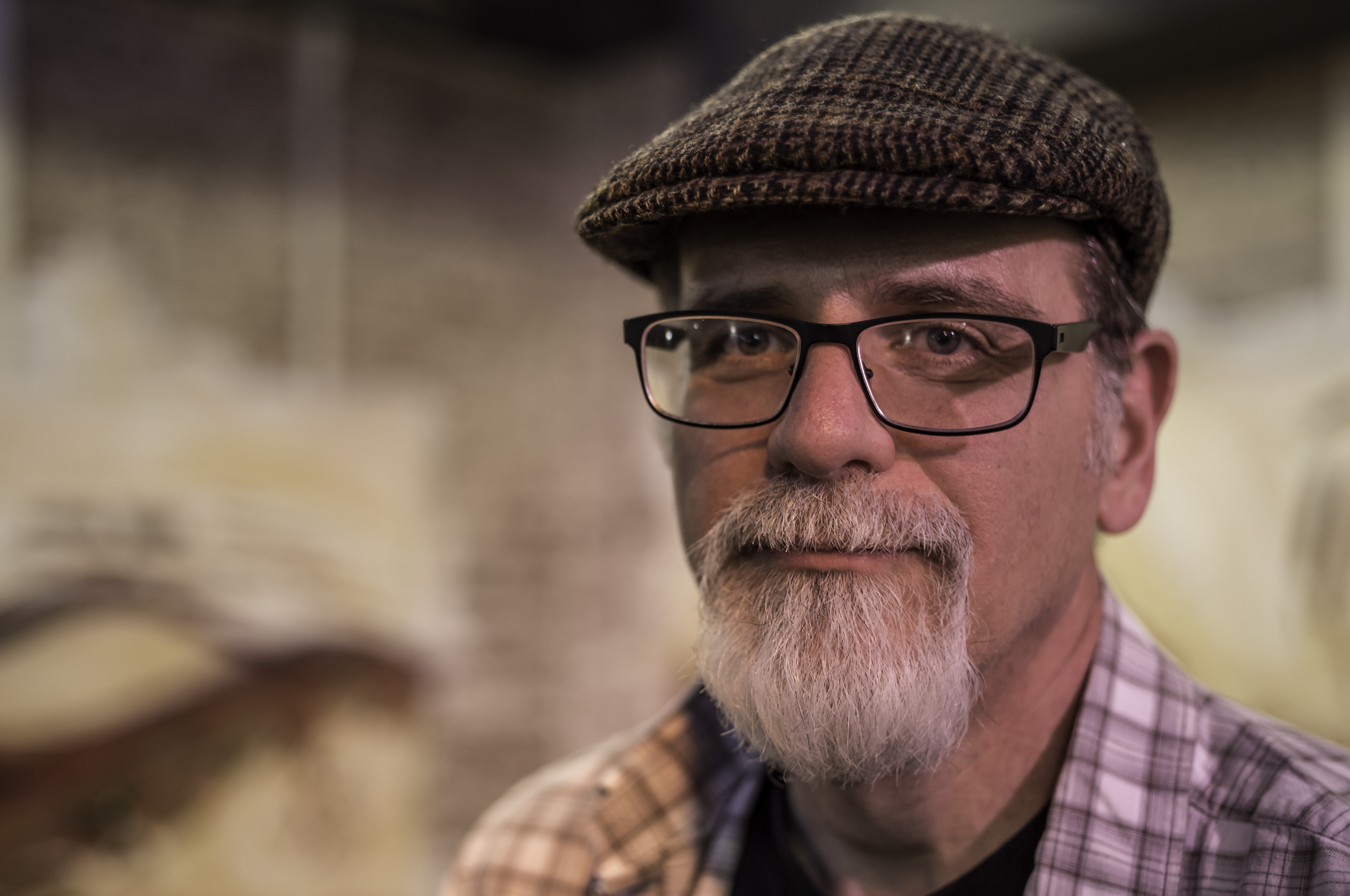Black Earth Rising
Netflix series
 The opening music hooked me as Black Earth Rising, a mini-series on Netflix, came on with the titles featuring the fearful hope of the story, told with simple drawn lines rushing across the screen. I had to watch it again. It took me a few seconds to realize this was Leonard Cohen’s gravel-low voice chanting us into the darkness, surrounded by the voices of a choir and the cantor from a synagogue. The musical complexity is a fantastic opening to this multifaceted journey into the remains of the Rwandan genocide, and the tentacles that reach into the war next door in the Democratic Republic of Congo.
The opening music hooked me as Black Earth Rising, a mini-series on Netflix, came on with the titles featuring the fearful hope of the story, told with simple drawn lines rushing across the screen. I had to watch it again. It took me a few seconds to realize this was Leonard Cohen’s gravel-low voice chanting us into the darkness, surrounded by the voices of a choir and the cantor from a synagogue. The musical complexity is a fantastic opening to this multifaceted journey into the remains of the Rwandan genocide, and the tentacles that reach into the war next door in the Democratic Republic of Congo.
Cohen’s You Want it Darker, is worth seeking out, and the lyrics you hear at the beginning of each episode remind you of a larger story,
“Vilified and crucified
in the human frame
a million candles burning
for the help that never came
you want it darker
we kill the flame”
Kate Ashby (Michaela Coel), a child survivor of the genocide in Rwanda, saved by her adoptive mother, Eve Ashby (Harriet Walter) has repressed her memories for so long. Eve, along with Michael Ennis (John Goodman), specialize in prosecuting war crimes. When Eve begins the prosecution of a Tutsi for war crimes, Kate, a Tutsi, responds with angry confusion. This leader, who was credited with helping to end the mass killing, is usually regarded as a hero.
Kate, now a British investigator, seeks to understand the larger story, the story of her own rescue. She aims to discover more of her roots, while serving the team which seeks to prosecute the perpetrators of genocide. The mystery unfolds along with continued murder, threats, dark passages and surprise revelations like any mystery thriller. This one plays on a much larger scale than most thrillers, using the canvas of genocide and war. We are often confused, as is Kate, about who acted well in that dark time. The unfolding intrigue of who should lead Rwanda into recovery gives the opportunity to re-visit some of the dark forces that were released during this short war. Foreign and business interests come under suspicion of contributing to the continued violence. Who has the right to prosecute these crimes? Are international bodies more capable of a fair investigation or trial than those of the local community?
A former general, Alice Munezero (Noma Dumezwweni) risks her own safety as she seeks to force dramatic changes to the government, which has become more dictatorial in the recovery period. The struggle with her adopted sister helps Kate to see the complexity that remains when seeking to create a just society.
The touchstone for the emotional journey is that of Kate. Coel capably reveals the anguish, the fear, the pain, the naiveté and finally a hint of hope. Her face is like a map of the conflict and the scars she carries on her abdomen constantly remind us of her history. What those scars don’t easily reveal are the truth of her past and of her rescue. The mass grave she escaped will eventually open up to tell her a truth different from the one she expected.
There are predictable moments and sometimes the dialogue seems overly constructed in the attempt to give us more information. The challenge for the viewer is getting a handle on what might be based on truth and what is purely the imagination of the writer. Coel, Dumezwweni and Goodman, with their strong performances, keep us engaged for this extended journey into darkness.
If you are up for this eight-hour journey, and after you breathe deeply for a few minutes, I suggest that you pull out Cohen’s You Want It Darker album and listen to If I Didn’t Have Your Love:
“If the stars were all unpinned
and a cold and bitter wind
swallowed up the world
without a trace
well that’s where I would be
what my life would seem to me
if I couldn’t lift the veil
and see your face….
That’s how broken I would be
What my life would seem to me
If I didn’t have your love
To make it real”
Kate too discovers that it is when she experiences the love of her mother, and those standing with a hoe next to her, that hope is revealed.




